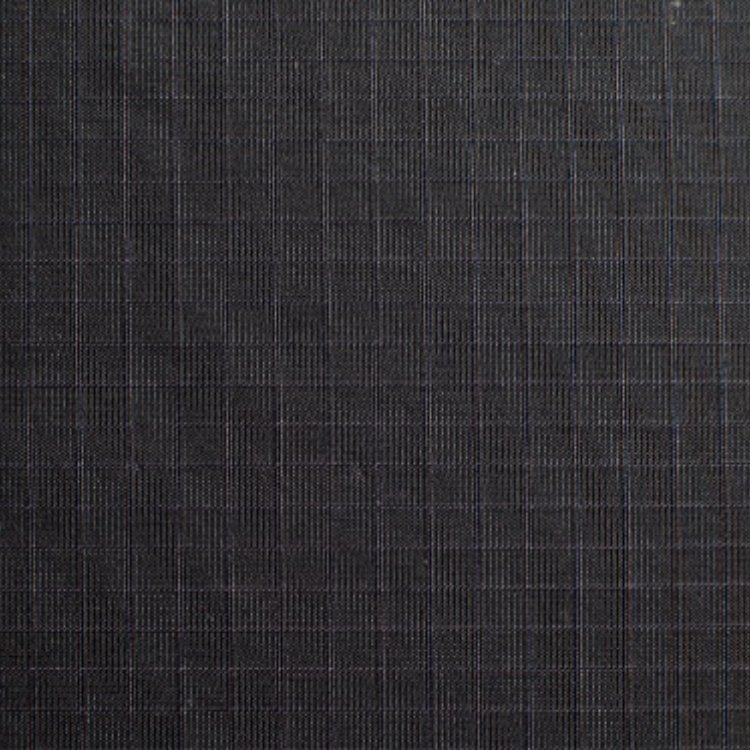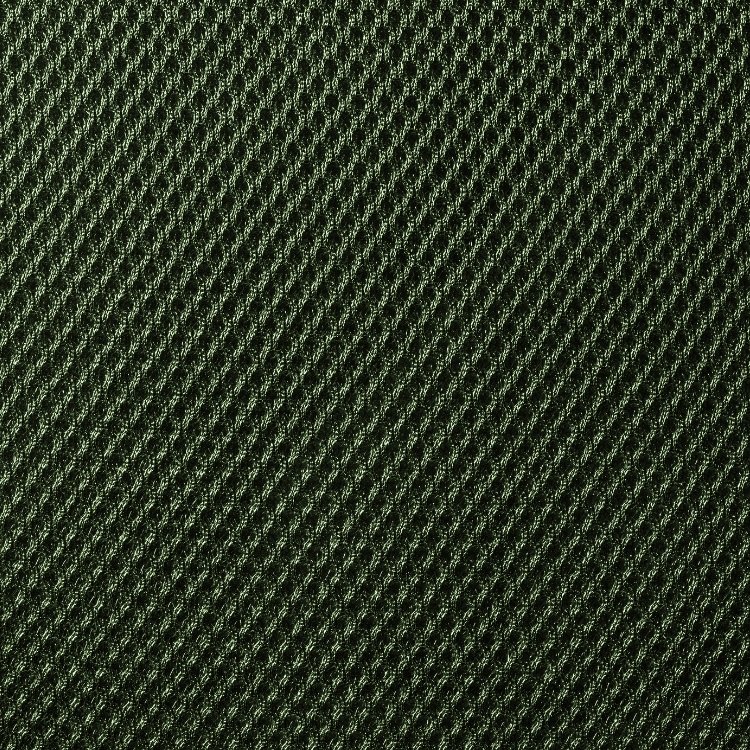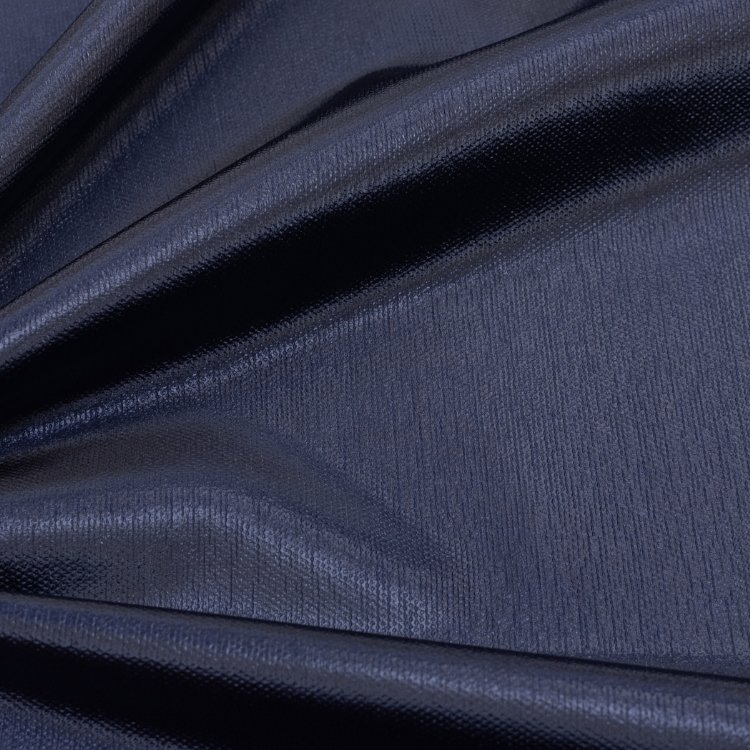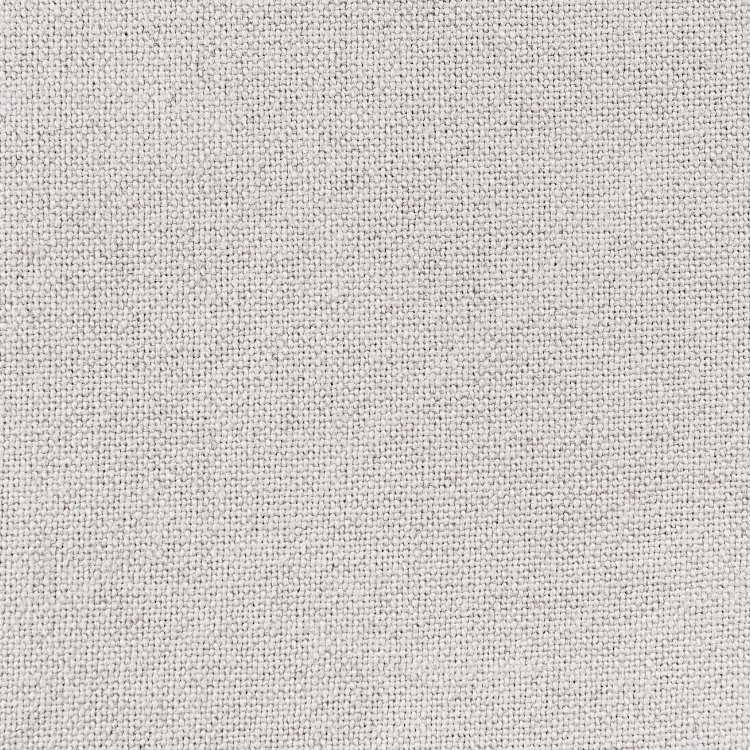
When choosing a tent, materials plays a crucial role in determining its performance, durability, and suitability for your next outdoor adventure. Let’s dive into the characteristics of each material, and how they might impact your time in the elements.
The material of your tent is like choosing the right companion for your adventure – each has its unique strengths and ideal scenarios.
Nylon is the go-to for backpackers valuing its lightweight and strong nature.
Silnylon a lightweight, high-strength fabric that provides a lightweight weatherproof option.
Polyester offers a bit more resilience against the sun’s harmful rays and is solid in humid environments.
Polyurethane is the best material when considering an all weather adventure.
Cotton canvas provides breathability and insulation, keeping you cooler in the heat and warmer when in the cold.
Polycotton tents blend synthetic and natural fibers to offer a durable, breathable shelter.
Why Nylon?
At the heart of nylon’s appeal is an exceptional strength-to-weight ratio. Nylon is as tough as it is light, offering a shield against the elements without anchoring you down. Nylon has one downside, extended exposure to the sun degrades Nylon.
Are Nylon tents expensive?
Cost-effectiveness is one of nylon’s charms, offering a blend of durability and affordability that even Jack can’t resist.
Seasonal Usage
Nylon is versatile, making it a go-to for all seasons. During the heat of Summer, nylon’s lightweight, more breathable nature keeps you cool while saving your back. The colder Winter months test the material’s strength and weatherproofing capabilities, and Jack promises, you will not be disappointed.
The tent market is huge, nylon stands out for its blend of durability, cost-efficiency, and seasonal flexibility.
Why Silnylon?
Choosing a tent made with siliconized nylon (silnylon) offers several compelling advantages for outdoor enthusiasts seeking a balance between performance and practicality.
Are Silnylon tents expensive?
Although silnylon tents may come with a slightly higher initial cost than some alternatives, their durability, longevity, and performance offer excellent value over time.
Seasonal Usage
Silnylon is known for its robust performance in inclement weather thanks to its silicone impregnation on nylon fabric. This treatment significantly enhances its water resistance. The silicone also adds to the fabric’s overall strength, providing protection against tears and abrasions.
Tents made from silnylon material are a reliable choice for adventurers facing diverse and unpredictable weather, offering a balanced combination of durability, water resistance, and portability.

View Silnylon Tents On Amazon
Why Polyester?
Polyester excels in resisting UV degradation, maintaining its integrity and color when exposed to sunlight over prolonged periods. This UV resistance material ensures that your tent remains in good for every adventure.
Are Polyester tents expensive?
Polyester tents generally offer a good balance between cost and performance. They are often more affordable than their nylon counterparts, making them an excellent option for campers and hikers looking for quality gear on a budget.
Seasonal Usage
With advancements in fabric technology, polyester tents come in various weights and strengths, making them suitable for all seasons.
Polyester tents provide a robust, cost-effective shelter solution that stands up well to UV exposure, rain, and wind, making them a versatile choice for outdoor enthusiasts seeking reliable performance without breaking the bank.

View Polyester Tents On Amazon
Why Polyurethane?
Polyurethane coatings are applied to tent fabrics to significantly increase their water resistance. This makes PU-coated tents highly effective at keeping you dry during rainstorms, as they prevent water from penetrating the fabric.
Are Polyurethane tents expensive?
Tents with PU coatings are often more affordable than those using more advanced materials or coatings. This makes them a great option for campers and hikers looking for reliable protection without losing your shirt.
Seasonal Usage
Polyurethane (PU) coated tents offer enhanced performance in inclement weather by significantly improving the tents water resistance. When a tent fabric is treated with PU, it forms a barrier that repels water, preventing rain and moisture from penetrating
Opting for a tent with PU material is a practical decision for those who need dependable, water resistance, durable tents.

View Polyurethane Tents On Amazon
Why Cotton Canvas?
Opting for a cotton canvas tent is like choosing a classic record over a digital download. I’s all about the quality of experience. Ever heard of “glamping”… Most glamping excursions include a cotton canvas tent.
Are Cotton Canvas tents expensive?
Short answer: YES
Cotton canvas tents carry a higher price tag primarily due to the quality of the materials and the manufacturing process involved. Cotton, as a natural fiber, offers unmatched breathability and insulation compared to synthetic fabrics, making it an ideal material for tents designed for comfort across varying temperatures.
Seasonal Usage
Think of cotton canvas as the heavyweight champion of tent materials. Its robust nature means it can take on all elements, be it sun, wind, or rain making it an ideal choice for extended camping trips.
Cotton canvas tents are more expensive, they offer significant advantages such as comfort, durability, and overall aesthetics. Cotton canvas tents are a cherished choice for campers who value quality and style.

View Cotton Canvas Tents On Amazon
Why Polycotton?
Polycotton is a blend of polyester and cotton, when combined polycotton offers a sweet spot between the natural comfort of cotton and the resilience of polyester.
Are Polycotton tents expensive?
Typically commanding a higher price than tents made solely from either polyester or cotton. This cost is reflective of the material’s inherent advantages, combining the durability and lightweight nature of polyester with the breathability and insulative qualities of cotton
Seasonal Usage
The polyester component in polycotton provides improved resistance to water and UV damage compared to pure cotton. While not entirely waterproof without treatment, polycotton tents can handle light to moderate rain showers well, making them versatile for different camping conditions.
Choosing a polycotton tent is about valuing the combination of comfort, durability, and the aesthetic appeal. It’s a choice well-suited to campers who spend a lot of time outdoors yet desire a tent which feels like home.

View Polycotton Tents On Amazon
Material on OutDoors Jack is copyrighted. Reproduction without permission is prohibited.
All trademarks property of their respective owners